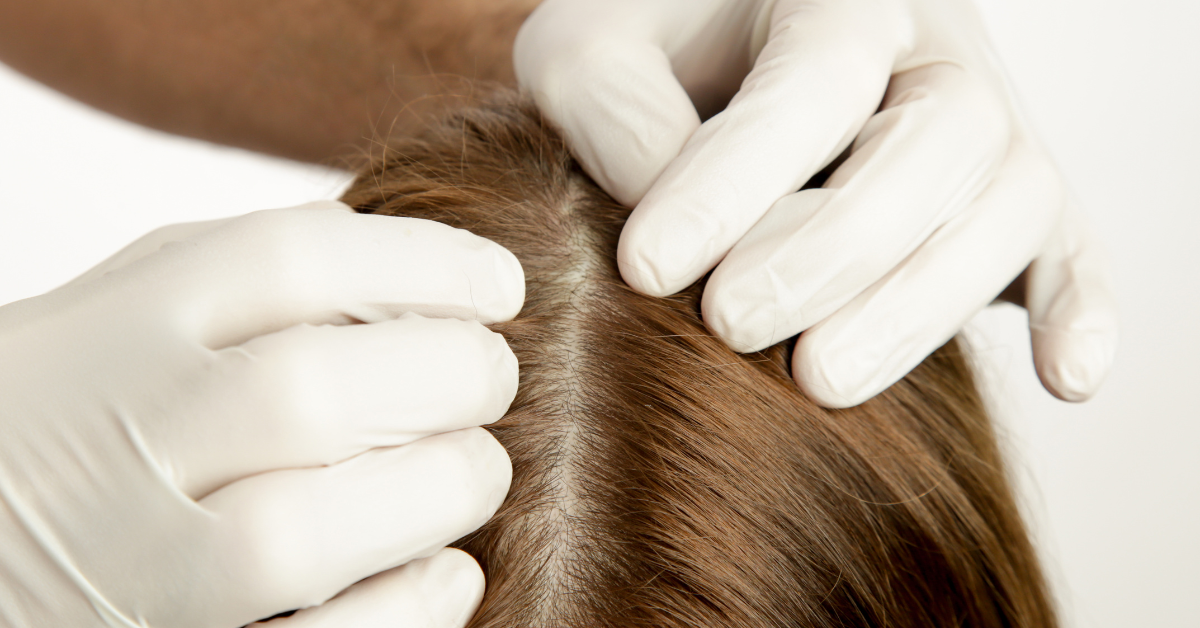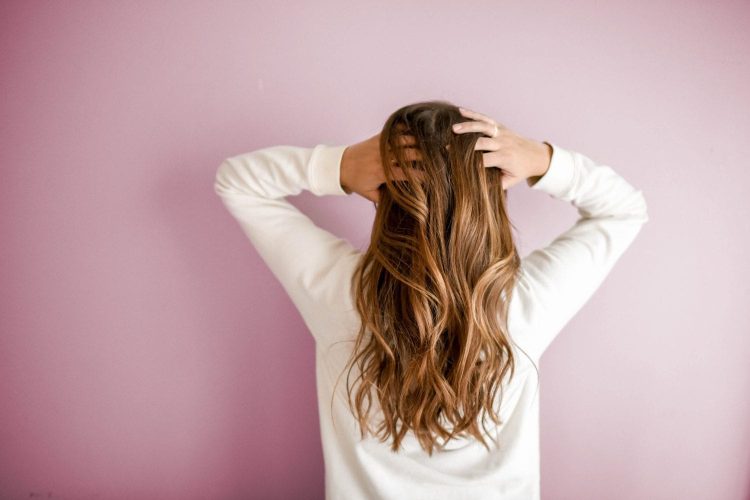In the ever-evolving world of beauty, there’s one question that’s consistently at the top of every hair care discussion: How often should you wash your hair? It’s a deceptively simple query, but the answer can vary greatly depending on several factors, including hair type, scalp health, lifestyle, and personal preference. So, let’s unravel the mystery behind the question, dissecting what’s best for your hair while giving you the insights needed to tailor your routine to your unique needs.
The Myth of “Daily Washing”
For decades, conventional wisdom told us to wash our hair every day to keep it clean and shiny. We’ve all been conditioned to believe that our scalp produces oils that should be washed away regularly. However, this approach has been increasingly challenged in recent years.
Hair experts are moving away from the idea that daily washing is necessary or beneficial for everyone. In fact, washing your hair too often can actually do more harm than good, leading to dryness, irritation, and even hair damage.
The Science Behind Washing Your Hair
Your scalp naturally produces oils—sebum—to keep your hair moisturized and protected. Sebum has a key role in maintaining the health of your hair by preventing it from becoming brittle and weak. The amount of oil production varies from person to person, depending on factors like genetics, diet, and environment.
When you shampoo your hair, you strip away these oils. Washing too often means you’ll continually remove this natural barrier, leaving your scalp and hair vulnerable to damage. That’s why it’s important to consider how often you need to cleanse your hair based on your individual needs.
Factors Influencing How Often You Should Wash Your Hair
Let’s break down the factors that impact your hair washing frequency.
1. Hair Type and Texture

- Straight Hair: Straight hair tends to get oilier faster than curly or wavy hair because the oils can travel down the hair shaft more easily. If you have straight hair, washing it every two to three days is often ideal.
- Curly or Wavy Hair: Curly hair often doesn’t need to be washed as frequently since the oils from your scalp have a harder time traveling down the twists and turns of the hair shaft. Depending on your curls, you may find washing once a week or every five to seven days to be sufficient.
- Coarse or Thick Hair: Coarse hair typically produces less sebum than fine hair, meaning it may not need frequent washing. A weekly wash could be enough to maintain cleanliness and moisture balance.
- Fine or Thin Hair: Fine hair can get oily quickly, especially if you’re prone to a greasy scalp. You may find washing your hair every other day or every two days to be necessary to keep it fresh.
2. Scalp Health
Your scalp health is a major player in determining how often to wash your hair. If you suffer from an oily scalp or conditions like dandruff, frequent washing might be necessary. On the other hand, if you have a dry scalp or conditions like eczema, over-washing can exacerbate the issue. In such cases, less frequent washing with moisturizing products is a better approach.
3. Lifestyle Factors
Your lifestyle plays a significant role in how often you need to wash your hair. If you’re regularly sweating from exercise, working in a dusty environment, or using hair products that leave residue, you may need to wash your hair more often.
4. Hair Products and Styling
The products you use also affect your washing routine. Heavy styling products like gels, hairsprays, and mousse can build up on the scalp and hair, necessitating more frequent washes to prevent clogging hair follicles and causing scalp issues. Conversely, if you use light or minimal products, you may be able to wash less often.
How to Determine the Right Washing Frequency for You
While there’s no one-size-fits-all answer, here’s a general guideline based on hair type and lifestyle:
- Oily Hair & Scalp: Wash every other day or 2-3 times a week.
- Dry Hair & Scalp: Wash once a week or once every five to seven days.
- Curly Hair: Depending on your curl type, washing once a week is typically enough.
- Fine Hair: Wash 2-3 times a week to prevent excess oil buildup.
- Thick or Coarse Hair: Wash once a week to preserve natural moisture.
It’s important to listen to your hair and scalp. If you find your hair becoming greasy, limp, or weighed down between washes, try washing more frequently. If your hair feels dry or stripped, try reducing your washing frequency.
What Happens When You Don’t Wash Your Hair Enough?
Not washing your hair often enough can lead to several undesirable consequences, especially if you have oily hair or are prone to scalp conditions. These include:
- Buildup of Oil and Dirt: Oils, sweat, and dirt can accumulate, leaving your hair looking greasy and lifeless.
- Scalp Issues: The excess oil can clog hair follicles, potentially leading to scalp acne, dandruff, or seborrheic dermatitis.
- Unpleasant Odor: If you don’t wash your hair frequently, the buildup of oil and sweat can create an unpleasant odor.
What Happens When You Wash Your Hair Too Often?
On the flip side, washing your hair too often can also cause a variety of problems. These include:
- Dryness: Shampoo strips away natural oils, which can leave your hair feeling dry and brittle.
- Scalp Irritation: Over-washing can lead to scalp conditions such as dryness, flakiness, or inflammation.
- Damage to Hair Cuticles: Excessive washing can cause the hair cuticle to become damaged, leading to split ends and breakage.
How to Care for Your Hair Between Washes
If you’re someone who doesn’t need to wash your hair every day, there are a few strategies you can employ to keep your hair looking fresh:
1. Dry Shampoo
Dry shampoo has become a staple in many people’s hair care routines. It absorbs excess oil, freshens up your hair, and adds volume without the need for water. Choose a dry shampoo that suits your hair type and scalp health.
2. Scalp Massage
Massaging your scalp can help distribute natural oils and increase blood circulation, promoting healthy hair growth and a balanced scalp.

3. Protective Hairstyles
When you’re in between washes, try wearing your hair in braids, buns, or ponytails. Protective styles can keep your hair in place while minimizing the appearance of oil buildup.
4. Conditioning and Moisturizing
Even if you skip shampooing, it’s important to keep your hair hydrated. Use leave-in conditioners or oils to maintain moisture without overloading your hair with product.
The Best Hair Care Products for Your Washing Routine
Choosing the right hair care products is essential for keeping your hair healthy and vibrant. Here’s a breakdown of some key products:
1. Shampoo
Look for shampoos that are free from harsh sulfates, parabens, and silicones. If you have an oily scalp, try a clarifying shampoo once a week to remove buildup. For dry hair, opt for hydrating or moisturizing shampoos that help replenish moisture.
2. Conditioner
Conditioners help to restore moisture, making your hair softer and more manageable. Choose a conditioner that suits your hair type—lightweight conditioners for fine hair, and rich, creamy conditioners for thicker or curly hair.
3. Hair Oils
If your hair is dry or damaged, hair oils like argan, coconut, or jojoba oil can provide the nourishment your hair needs between washes.
4. Leave-In Treatments
Leave-in conditioners or serums can help lock in moisture and protect your hair from environmental damage. They are especially helpful for curly or textured hair.
The Bottom Line
Ultimately, the frequency with which you wash your hair should be tailored to your individual hair type, lifestyle, and personal preference. While there’s no universal answer to how often you should shampoo, understanding the needs of your hair will guide you in making the best decision.
If you’re looking for a general rule, aim to wash your hair every 2-3 days or once a week, depending on your hair type and scalp health. Remember, moderation is key. And when in doubt, let your hair be the guide—it knows best when it’s time for a wash.












































